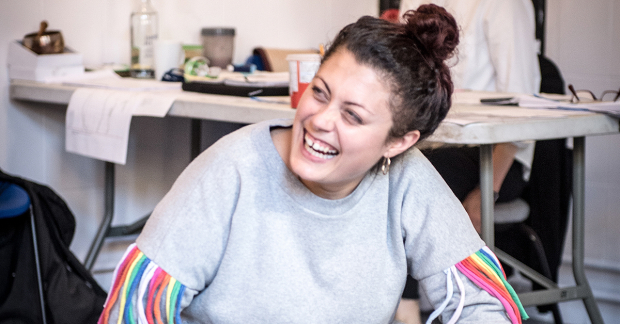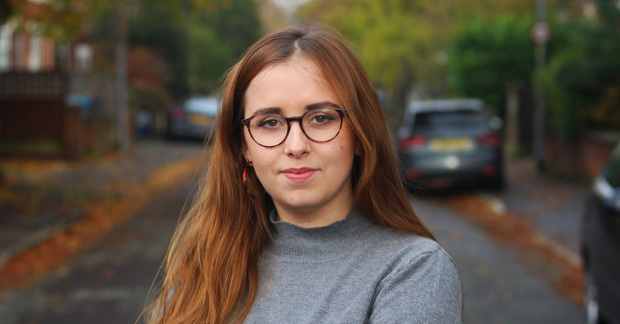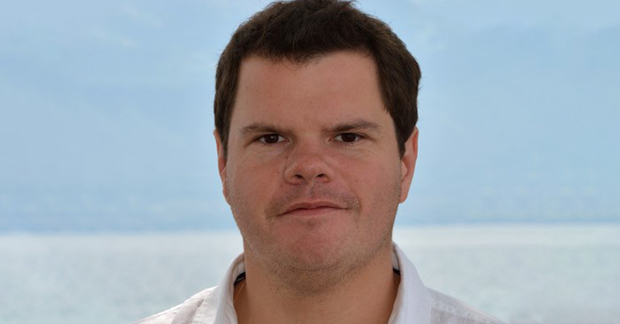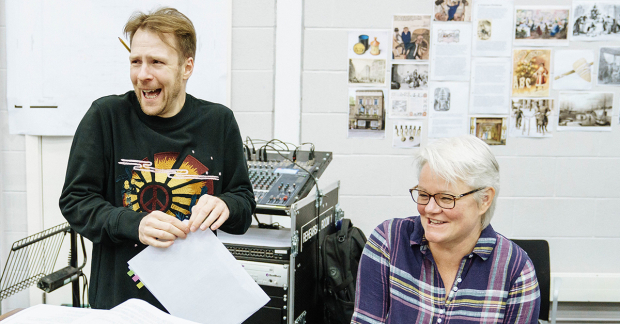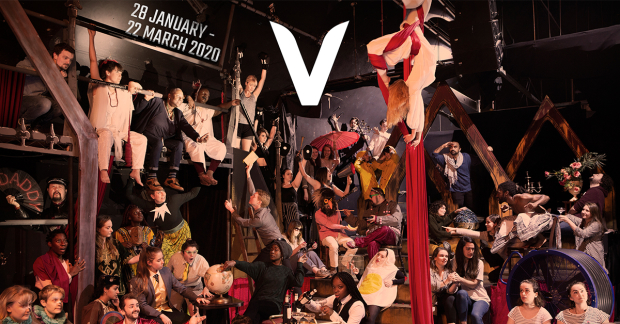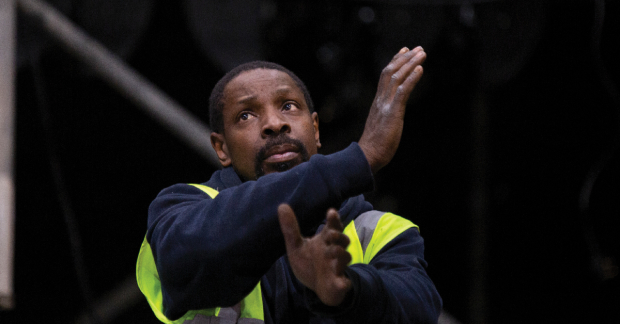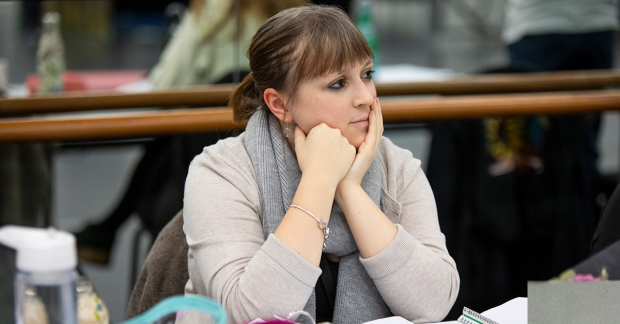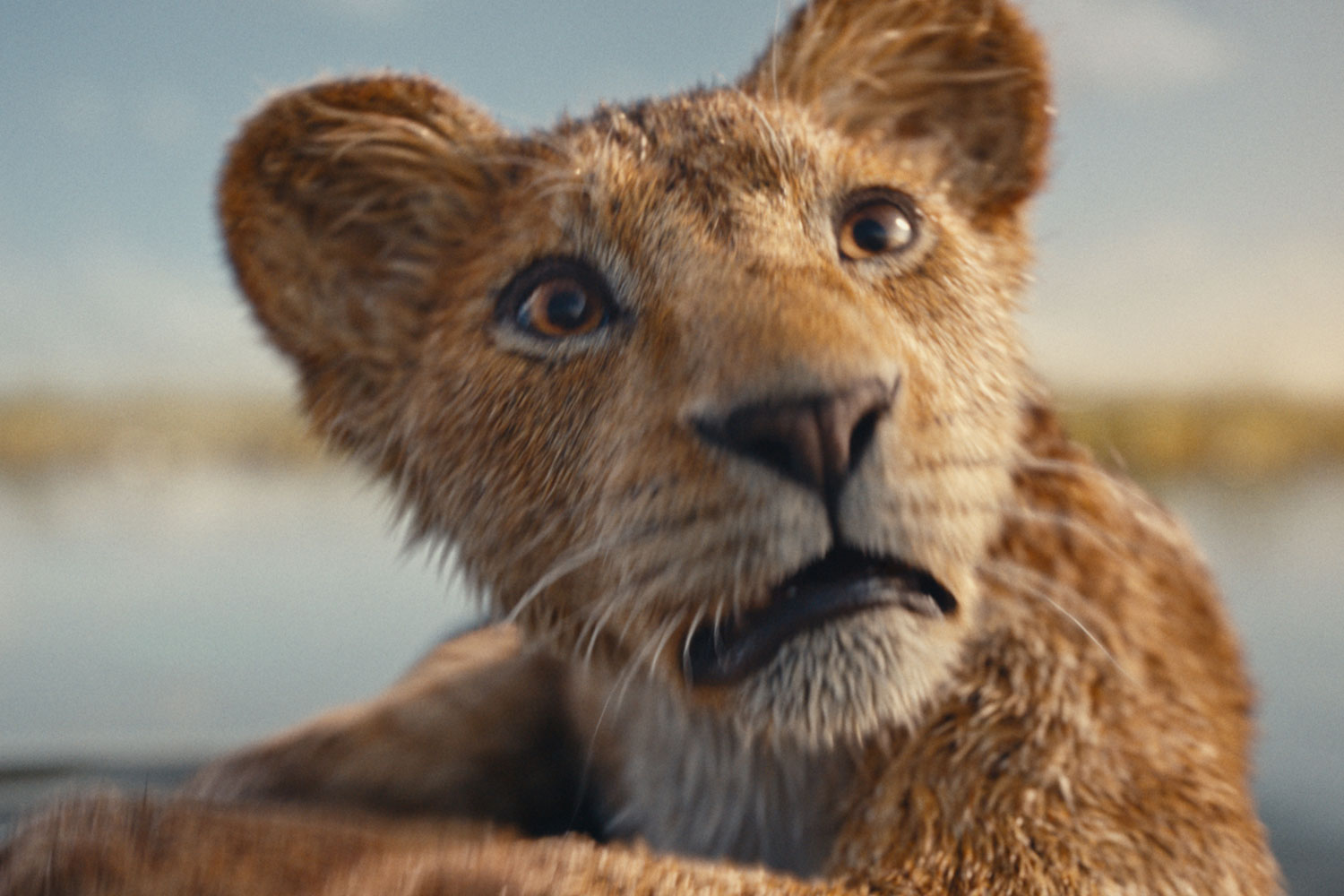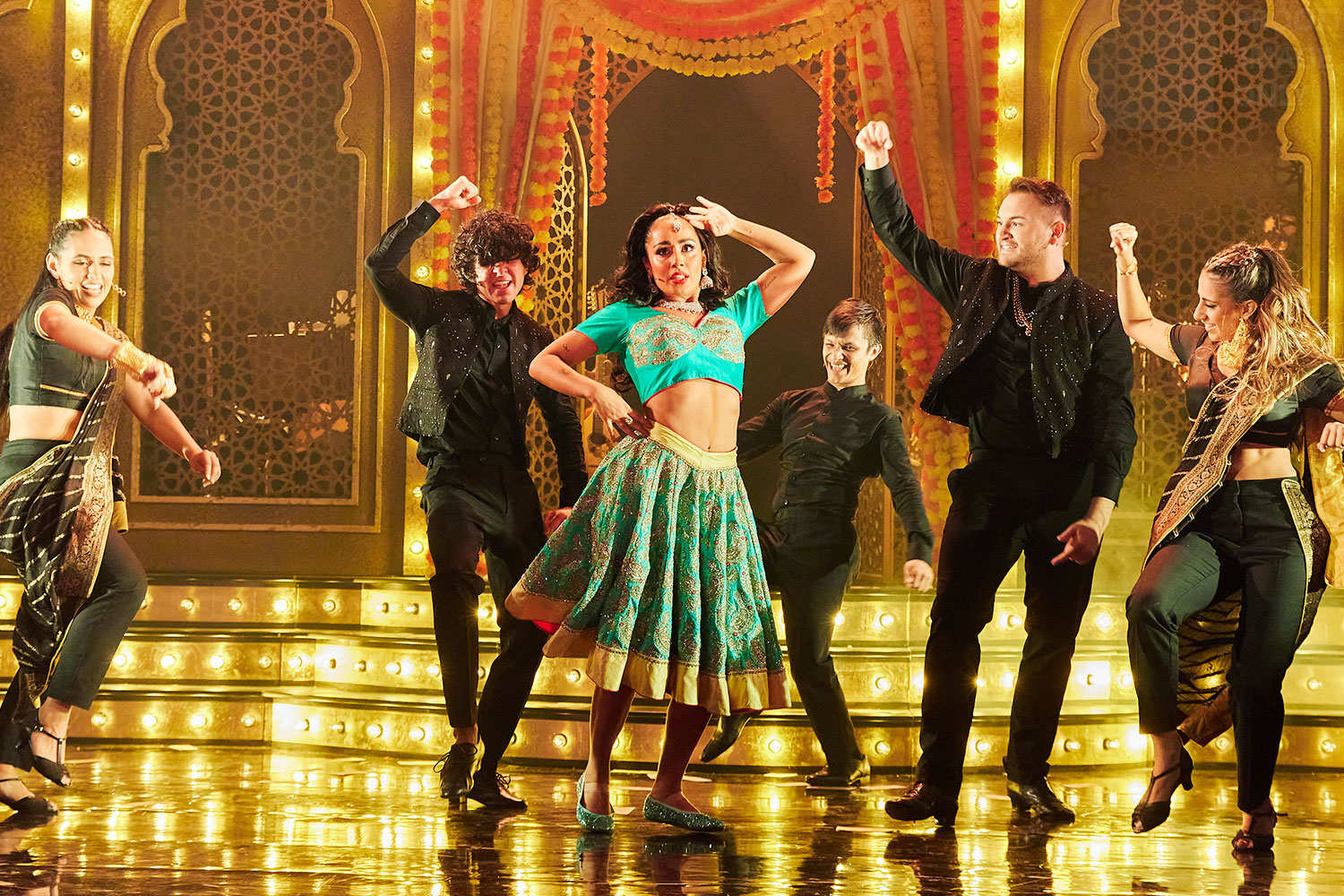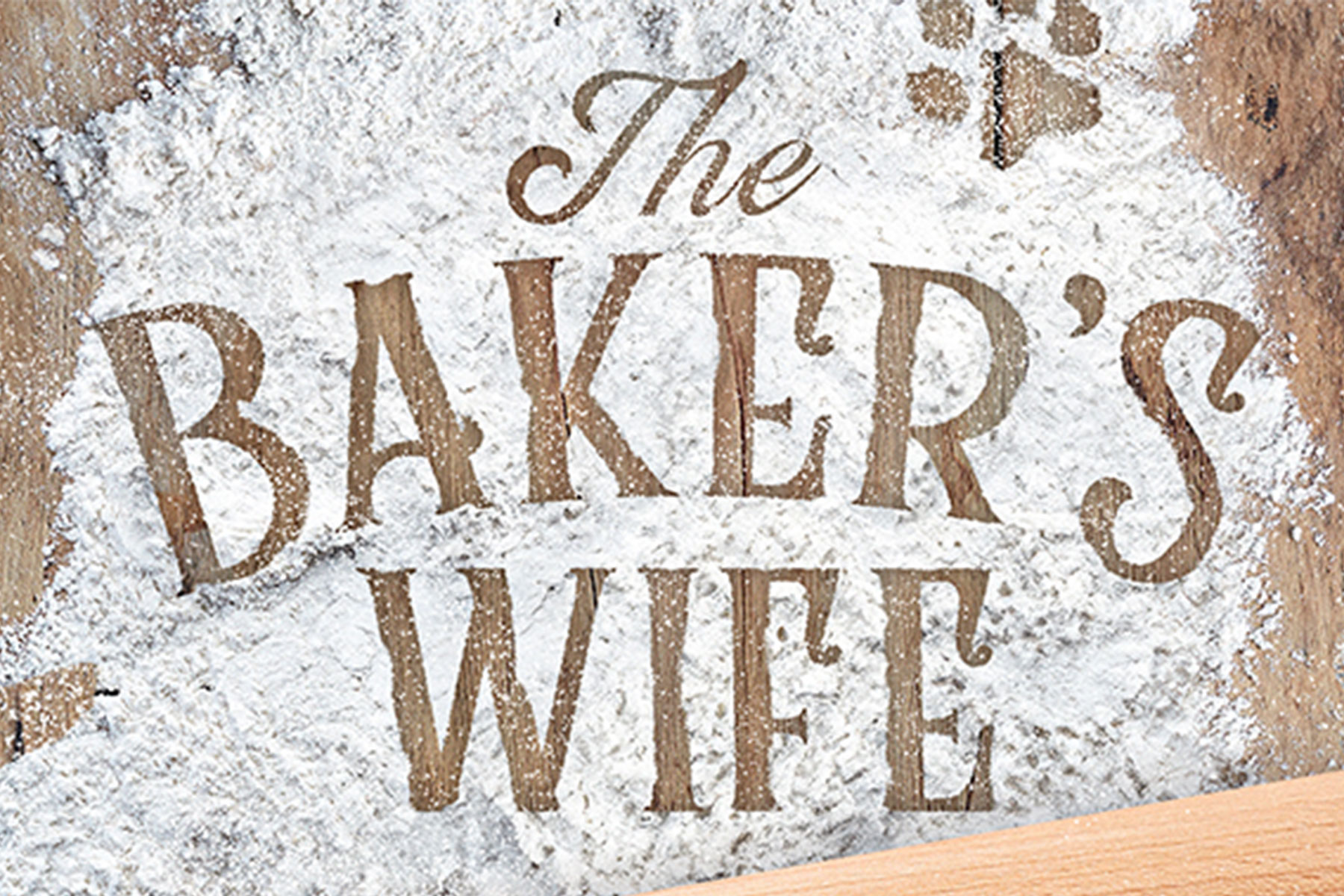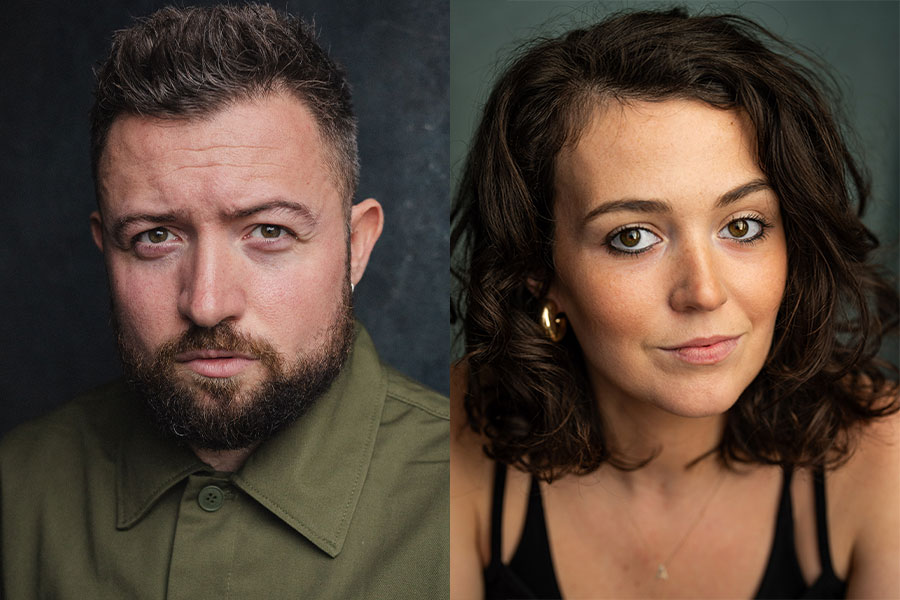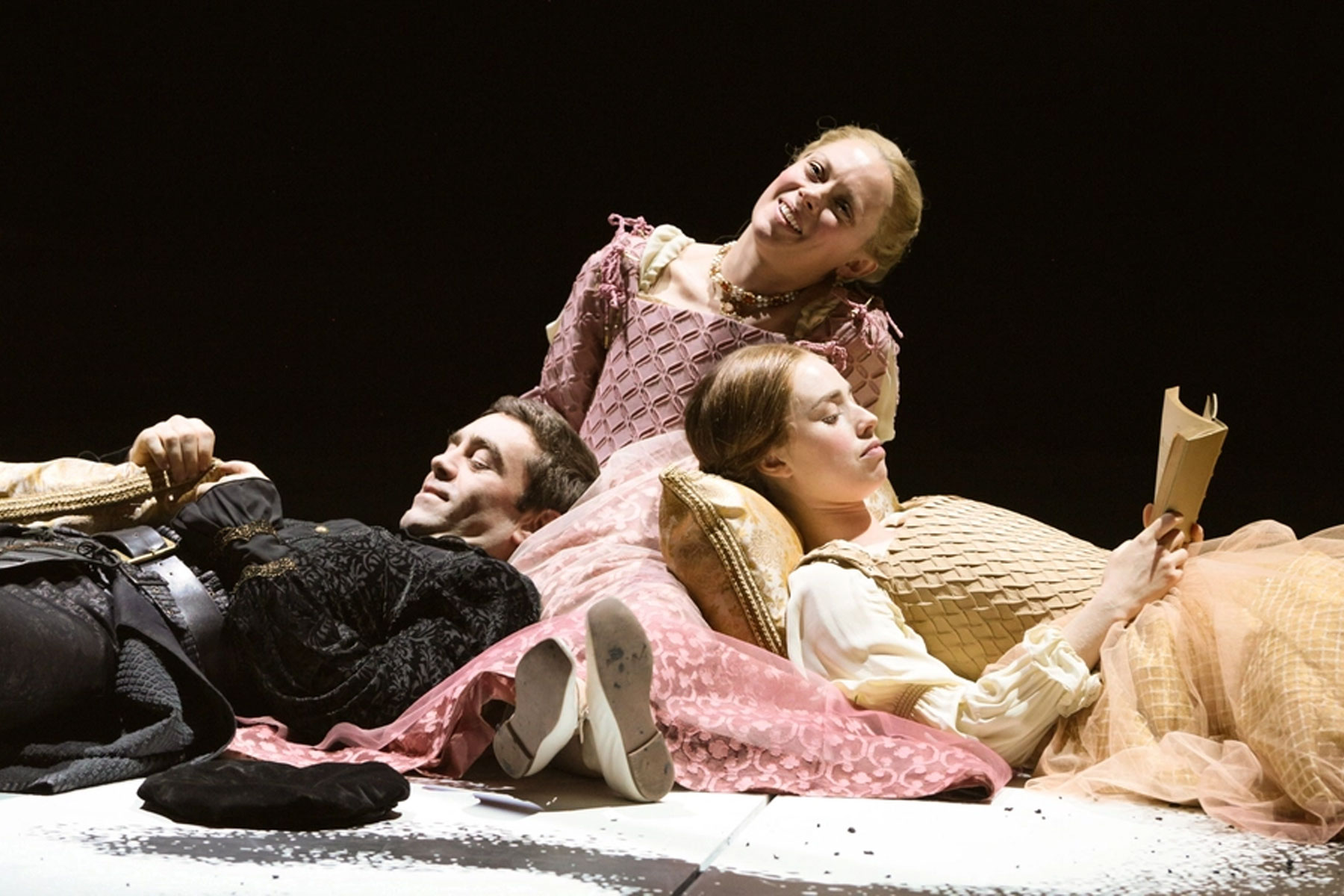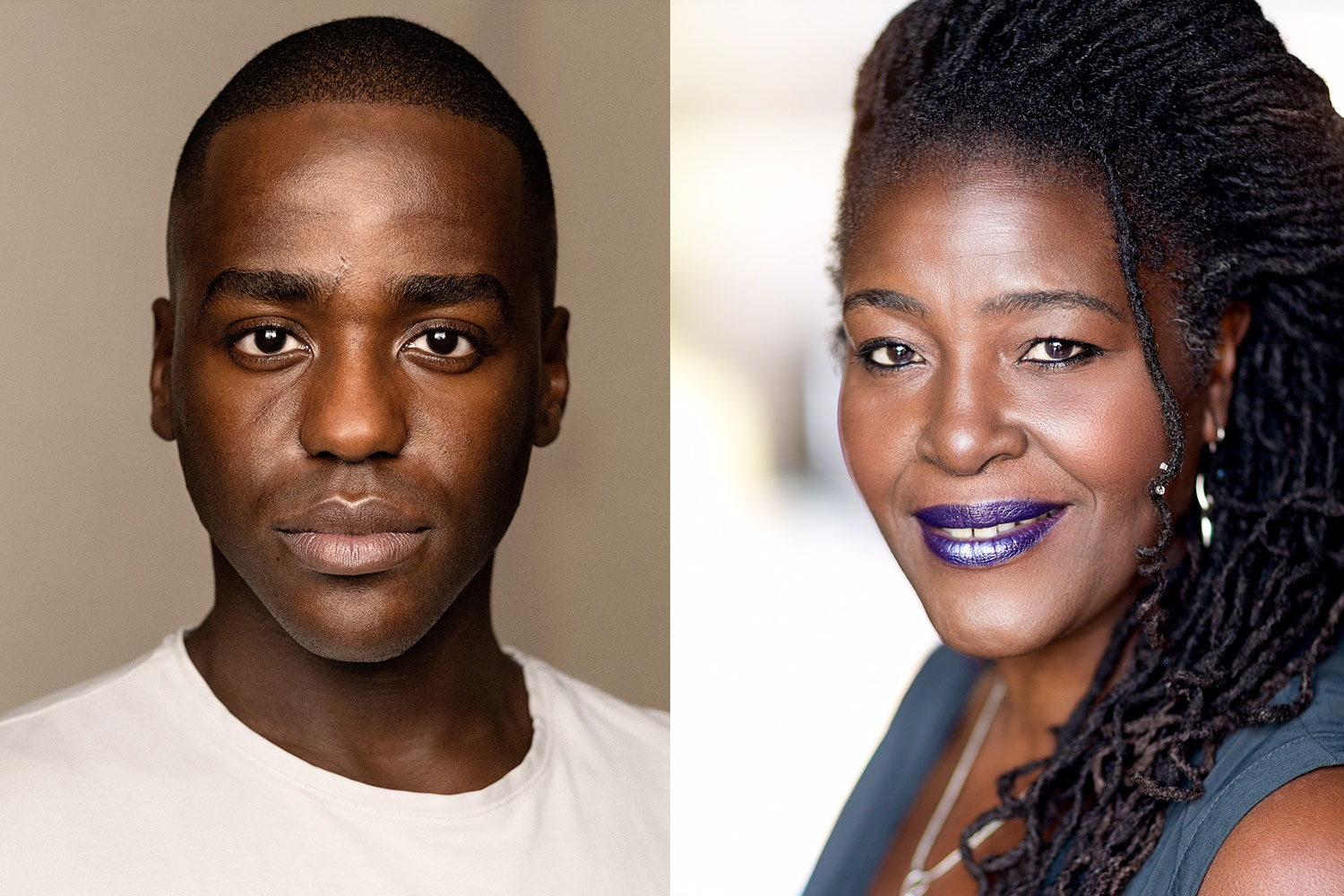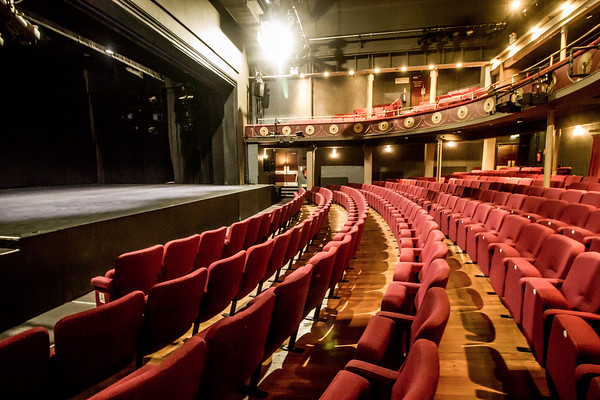Bec Martin-Williams: So you want to be a festival programmer?
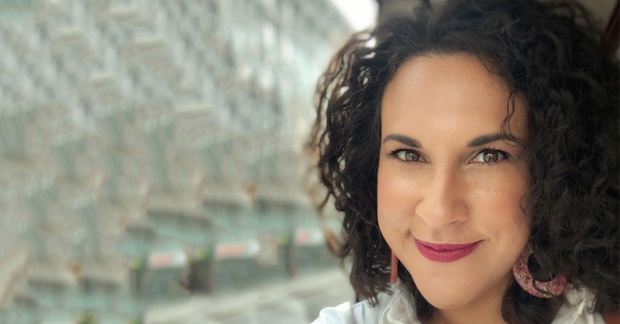
We asked VAULT Festival 2020's head of theatre and performance Bec Martin-Williams to give us tips and advice for cutting your teeth in the theatre world.
Can you introduce yourself?
Sure, I'm Bec. I'm a theatre director, programmer and producer. I really love board games and Lego. I'm Australian.
When did you know that you wanted to be a festival programmer?
I don't quite know how to answer this – it's not really a job that comes up on careers day. I have always known I wanted to work in theatre. That's manifested itself in a lot of ways, initially as an actor, then running a theatre company, then as a director, then into producing. I've been lucky enough to programme festivals, from community and participatory work to emerging artists and now VAULT Festival, which has been such a joy.
What was the first theatre festival or project you worked on?
As a performer, the first festival I ever went to was the Melbourne International Comedy Festival. We took a show of improv, sketches, stand-up and digital shorts down from Sydney for two weeks and it was pretty formative for me. I was 17, in my first year at university and I've never had so much fun or been more terrified. As a programmer, my first programming job on my own was Creative Disruption, a festival of community and young people's work at the Arcola Theatre. I still do that now!
Who helped you during the early part of your career?
There have been so many people. My parents encouraged me to pursue this kind of career, my peers didn't laugh at me when I wanted to set up a theatre company. I had an incredible mentor throughout drama school and another when I was doing my masters. People have been kind and generous with their time and resources, and my main goal now is to pay that forward.
What advice would you give to your younger self?
You're not sh*t. Be kind to others. Be kind to yourself. Be more open to difference. Broaden your horizons. Don't eat so much take out. Sometimes in this industry friendships will be transient and that's ok. Failure is temporary. You don't need another pair of shoes. No feeling is final.
What advice would you give to anyone wanting to curate a festival?
Think about the aims and goals of the festival. A festival is a unique environment, curated but able to give opportunities that other venues and organisations simply can't. Who do you want to be? What do you want to say? Who are the best people to facilitate that? Programming work is not about the 'best' application. It is about variety of form, inclusion, representation, artists at different stages of their careers. You will have to manage a lot of expectations but each person asking something of you is important. And what they are asking is important to them. Don't lose sight of the individuals, they are the ones making this happen.
What resources proved most valuable to you during your early career?
The people willing to give me a chance. Arts funders and charities. My peers, mentors, and those coming after me who I've learned so much from. The National Institute of Dramatic Art library. Skills and networking workshops. I still find networking terrifying, but meeting people and being interested in people is the best thing you can do. For yourself and others.
What mistakes do you think are the easiest to make when starting out?
To think it all needs to happen straight away. That you're a failure if things don't fall in to place immediately. And then to flagellate yourself for not being where others are. Comparison with others is inevitable, and it's really easy to beat yourself up for that. But isolation is the enemy of creativity. In the end, we're all just humans who need each other.
What would you say is the most rewarding aspect of your job?
The people. And the ability to give a platform to voices and stories that might not otherwise get one.
What would you like to see in future theatre festivals?
More artists of colour. More queer artists. More disabled artists. More working class artists (and systems in place to make that feasible). More intersections of all of the above. Less Western-centric. I want to see the world I live in, in all its messiness and vibrancy, reflected in any festival I go to. And it's not going to happen overnight. But it is the job of the privileged to make room.



